Tet Doan Ngo is one of the major Tet holidays in Vietnam, taking place on the 5th day of the 5th lunar month every year, also known as Tet Doan Duong or Tet Killing Insects.
The reason why Vietnamese people have this concept is because according to the cycle of time and weather, the 5th day of the 5th lunar month in our country falls during the hot season, when insects develop a lot. With the profession of wet rice cultivation and fruit tree cultivation having developed for a long time, the ancients believed that killing insects would help the crops to be more prosperous. Therefore, the name "Insect Killing Festival" was born from that.
The 2025 Duanwu Festival (5th day of the 5th lunar month) will fall on Saturday, May 31, 2025.
Origin of the Duanwu Festival
Legend has it that in a year when people had a good harvest and were about to harvest more than expected, a swarm of insects appeared out of nowhere and destroyed all the fruit and food. This caused many people to fall into a state of anxiety before they could rejoice and not know what to do to get rid of the insect problem.
At that time, an old man who called himself Doi Truan told the people that on the 5th day of the 5th lunar month every year, insects often become aggressive, so it was necessary to set up an altar to offer ash cakes and fruits to destroy them.
The people heard this and followed the old man's words. Soon, the pests began to shrivel up and fall to the ground. Seeing this, everyone cheered and wanted to thank the old man, but he was already gone.
However, people still remember his merits and set up an altar to worship him every year and named this day the Doan Ngo festival, with “Doan” meaning the beginning and “Ngo” meaning the time of worship from 11am to 1pm. That festival has been passed down to this day and has many other names such as “Doan Duong festival”, “Insect extermination festival”.
Meaning of Dragon Boat Festival
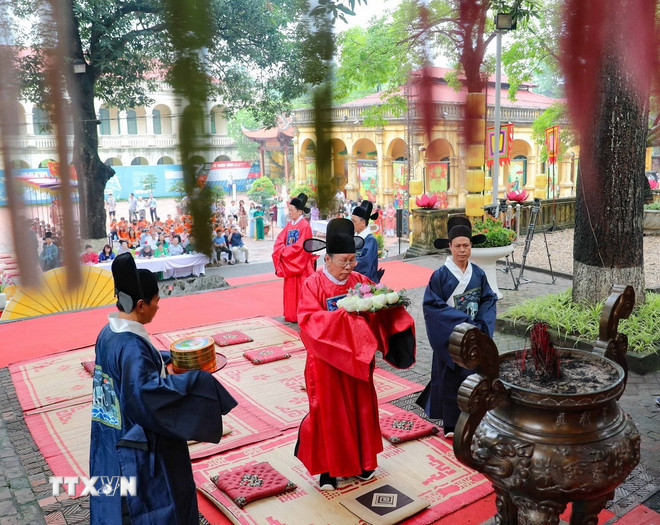
Besides the meaning of destroying pests that destroy crops, Vietnamese people also believe that this is an opportunity to eliminate diseases during the changing seasons.
The ancients believed that the human digestive system often had harmful parasites that could not always be eliminated. Only on May 5th, these parasites often surfaced and this was the opportunity for people to eat sour and astringent foods to eliminate them.
The Duanwu Festival is associated with many unique customs.
Early morning "Insect extermination" custom
This is the most common custom and takes place right after waking up. People believe that eating certain foods early in the morning on an empty stomach will help "eliminate" all kinds of "insects" (i.e. diseases) in the body.
Common dishes include:
Sticky rice wine/purple sticky rice wine: The spicy, slightly alcoholic taste is said to have the effect of intoxicating "insects".
Sour and astringent fruits: Plums, lychees, peaches, watermelons... are fruits in this season, believed to help "kill" insects.

Ash cake or also known as gio cake (North), ú cake (South): A type of cake made from sticky rice soaked in ash water, has a cooling effect, helps purify the body.
(For young children, in some places there is also a custom of applying rosewood on the fontanel, chest, and navel to ward off insects and diseases).
Worship ancestors and gods
The offering tray for the Duanwu Festival is a way for descendants to show their filial piety and gratitude. Depending on the customs of each region, the offering tray may be different, but usually includes:
Incense, fresh flowers, votive paper, clean water.
Sticky rice wine/black sticky rice wine.
Summer fruits (plums, lychees, watermelons...).
Ash cake (North), Ba Trang sticky rice cake (South).
Sticky rice, sweet soup (sweet rice balls in the South, sweet millet in the Central region, green bean/lotus sweet soup in the North...).
(In some places, duck meat may be added - a cooling dish according to folk beliefs).
The offering tray is usually carefully prepared and placed on the altar at noon (around 11am-1pm).
Pick medicinal leaves and bathe in aromatic leaves
Many places still keep the custom of picking medicinal leaves at noon.
The ancients believed that at the time when the yang energy was strongest, the leaves with the highest medicinal properties were often picked, such as perilla leaves, perilla leaves, mugwort, coriander leaves, grapefruit leaves, etc. Then, the medicinal leaves could be dried for later use or boiled in water for bathing, steaming, helping to prevent and treat skin diseases, flu, and ward off evil spirits.
Tree survey (Tree hitting)
A unique custom in rural areas is "tree-beating" or "tree-tapping". People use a knife to lightly tap the roots of fruit trees that produce little fruit or are diseased, while chatting as if asking if the tree wants to bear fruit. This custom expresses the wish for the trees to bear fruit and for a bountiful harvest./.
Source: https://www.vietnamplus.vn/tim-hieu-net-dep-cua-tet-doan-ngo-trong-van-hoa-nguoi-viet-post1039820.vnp



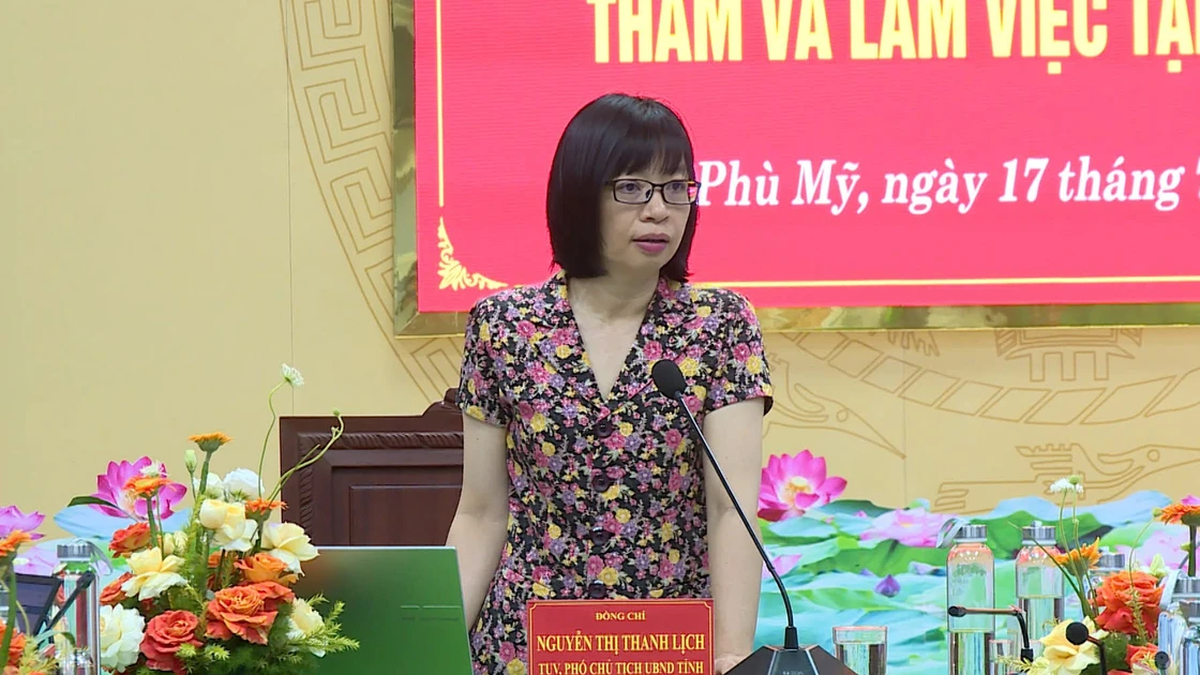


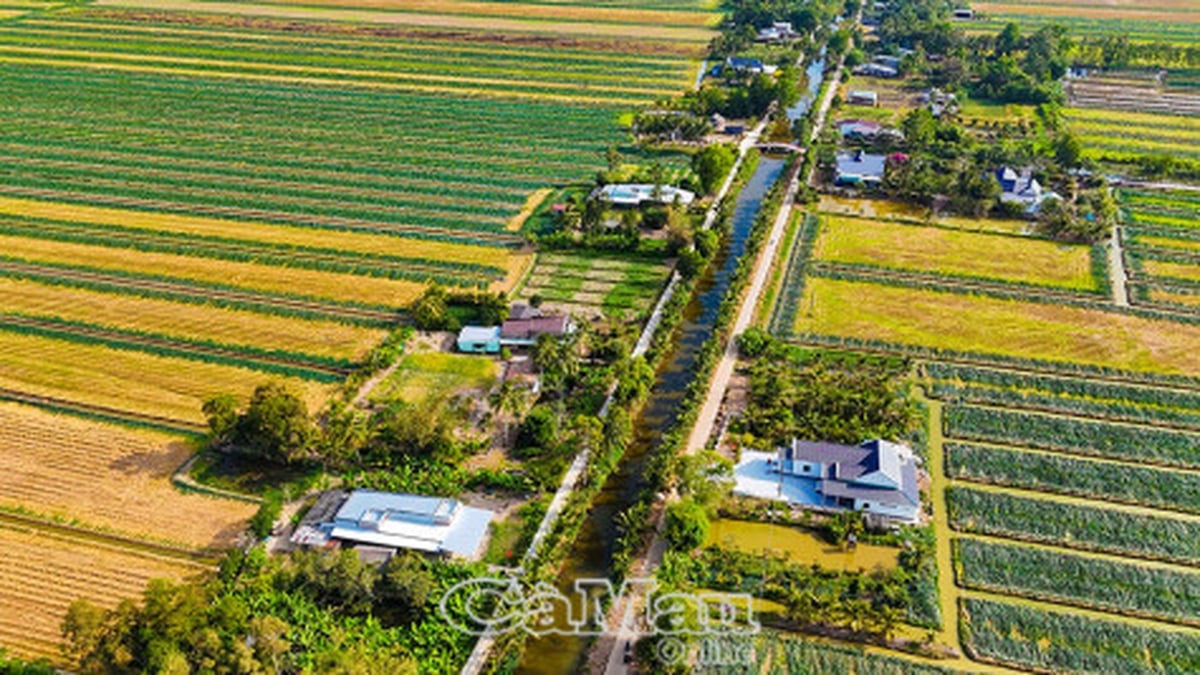


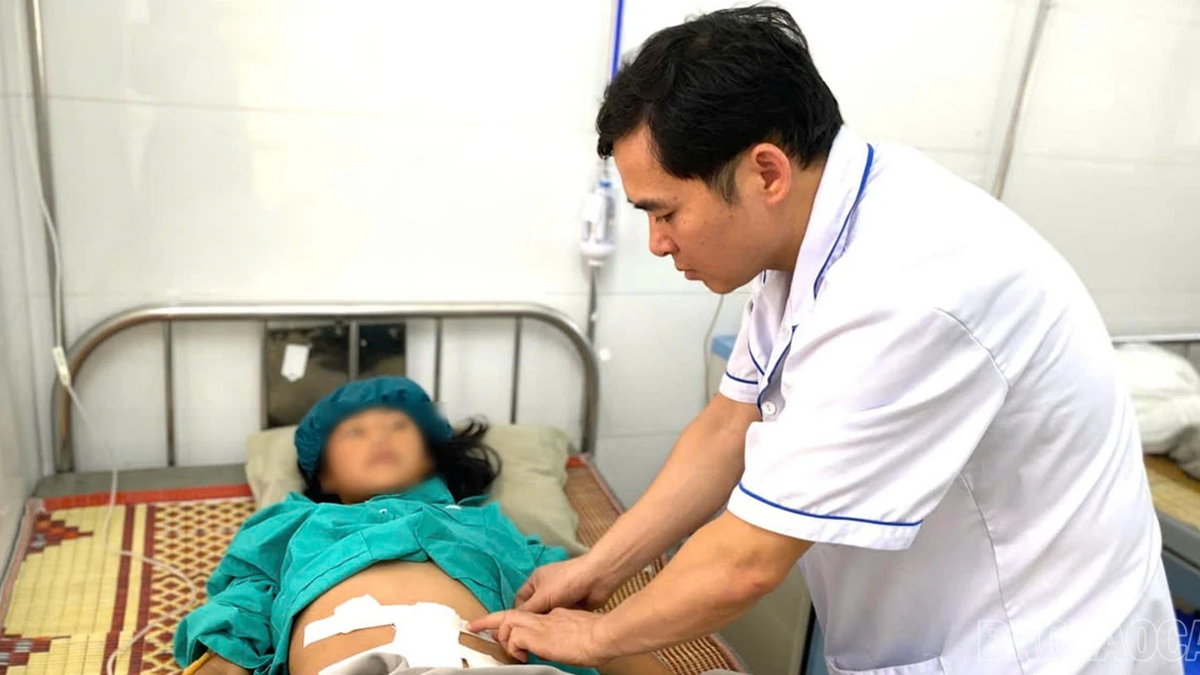

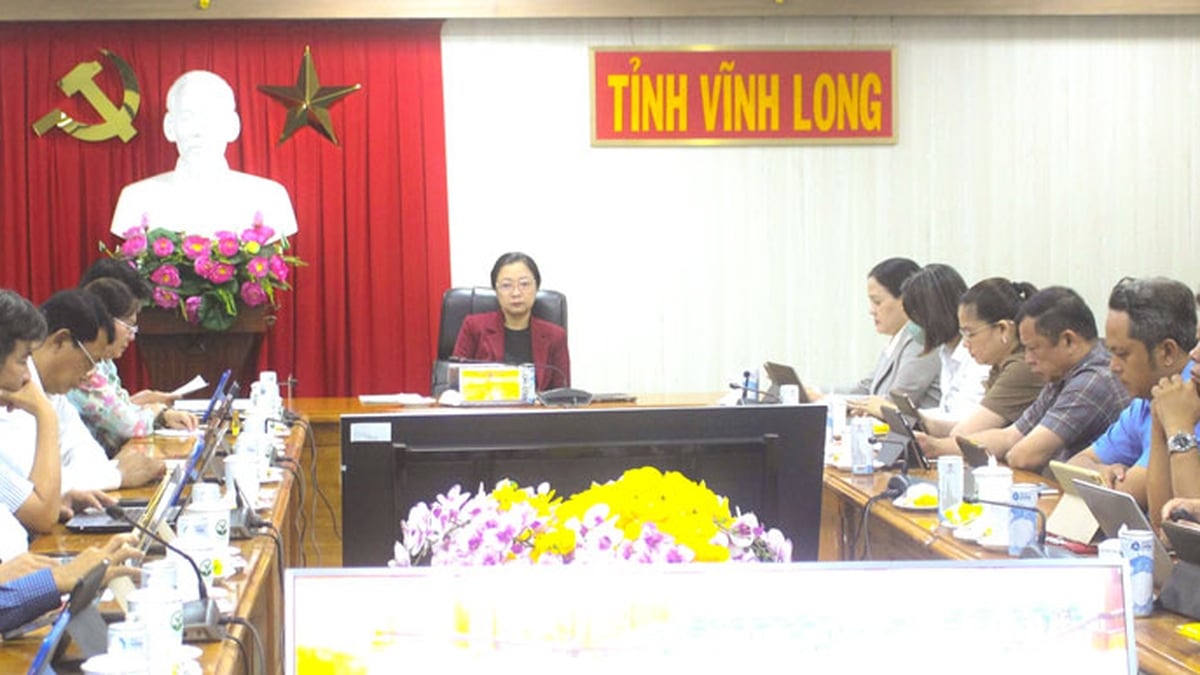








































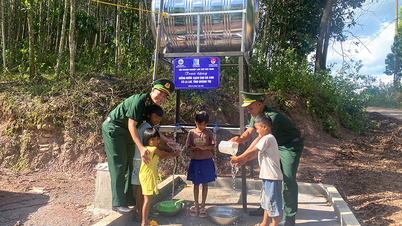








![[Maritime News] More than 80% of global container shipping capacity is in the hands of MSC and major shipping alliances](https://vphoto.vietnam.vn/thumb/402x226/vietnam/resource/IMAGE/2025/7/16/6b4d586c984b4cbf8c5680352b9eaeb0)






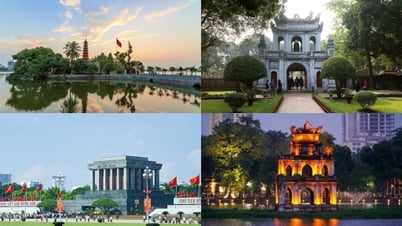



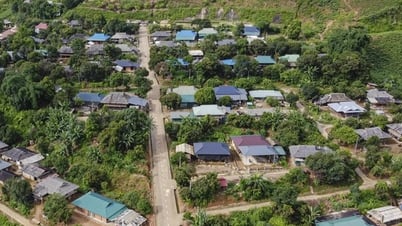


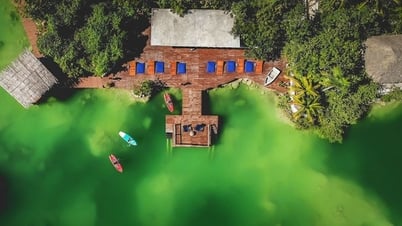
























Comment (0)